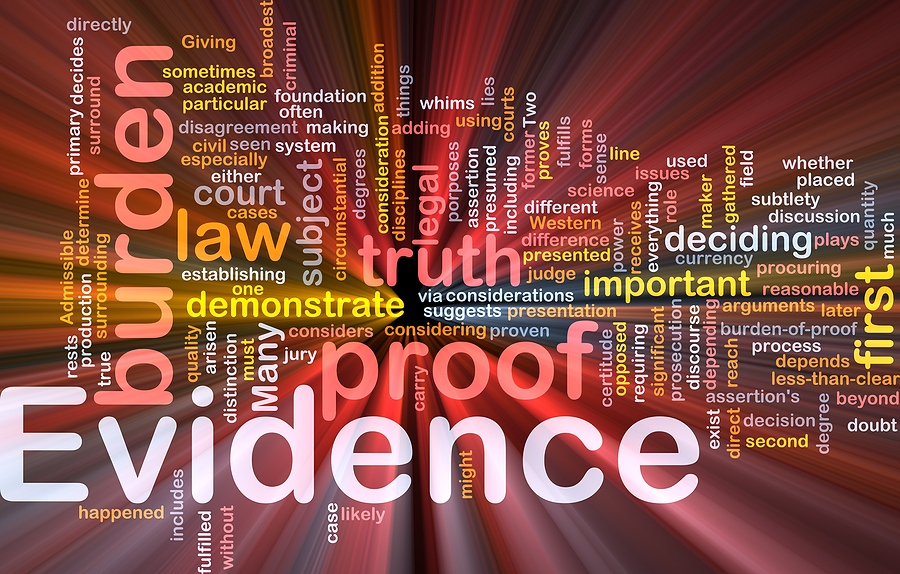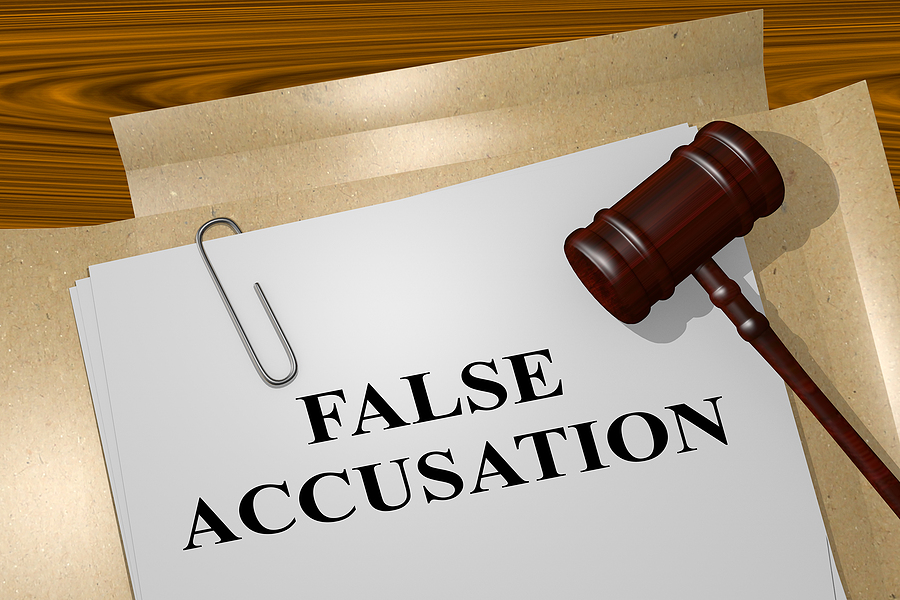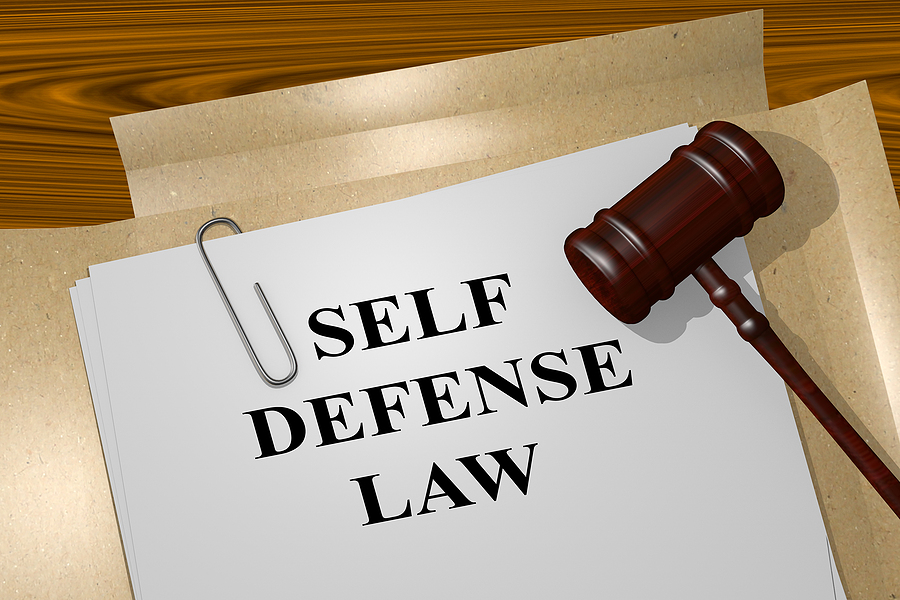Thanksgiving is supposed to be a time of gratitude, family gatherings, and relaxation. It is not supposed to involve flashing lights, handcuffs, and the back of a police cruiser. Unfortunately, the holiday season often sees a spike in arrests due to increased alcohol consumption, family disputes, and heightened police presence on the roads.
Finding yourself or a loved one in the Marion County Jail over a holiday weekend is an incredibly stressful experience. The courts are often closed, communication is difficult, and the uncertainty of what comes next can be paralyzing. However, panic is your enemy right now. Even though the timing is unfortunate, the actions you take immediately following the arrest can significantly impact the outcome of the case.
Navigating the Indianapolis legal system requires a clear head and a strategic approach. This guide outlines the critical first steps you must take to protect your rights and prepare for the legal road ahead.

Understanding Your Constitutional Rights
When the handcuffs go on, you may feel powerless, but you still possess powerful constitutional rights. The most critical of these is your right to remain silent and your right to an attorney.
Law enforcement officers are trained to extract information. They may act friendly or imply that “cooperating” by answering questions will make things easier for you. This is rarely the case. Anything you say can and will be used against you in court.
Do not waive these rights. You should politely but firmly state, “I am exercising my right to remain silent and I would like to speak to an attorney.” Once you have invoked these rights, police must stop questioning you. This is not an admission of guilt; it is a smart legal strategy that prevents you from inadvertently harming your defense.
Immediate Steps to Take Following an Arrest
Once the initial shock wears off, you need to be proactive. If you are reading this on behalf of a loved one who has been arrested, these steps apply to you as well.
- Secure Legal Counsel: Do not wait until the holiday weekend is over. You need a criminal defense attorney immediately.
- Do Not Discuss the Case: Do not talk about the details of the incident over the jail phone, with other inmates, or with visitors. Jail calls are recorded and monitored. Prosecutors often listen to these recordings to build their case against you.
- Document Everything: As soon as you are able—whether you have been released or have access to a pen and paper—write down everything you remember. Note the time of the arrest, what the officers said, whether they read you your rights, and any witnesses present. Memories fade quickly, especially under stress.
- Preserve Evidence: If there is physical evidence that supports your side of the story, such as receipts, text messages, or GPS data, ensure it is saved and backed up immediately.
Why You Need a Local Indianapolis Attorney
Criminal law varies significantly from state to state, and procedural nuances can differ even between counties. An attorney based in Indianapolis who is familiar with Marion County, Hamilton County, Hendricks County, and all surrounding county court systems is an invaluable asset.
Local attorneys understand the specific tendencies of Indianapolis judges and prosecutors. They know how the local court calendar works, especially regarding the delays that occur over holiday weekends like Thanksgiving.
While resources like the Indianapolis Bar Association can help you find legal representation, seeking out a dedicated criminal defense lawyer with a track record in Indianapolis is often your best route to a favorable outcome.
Schedule a Free Criminal Charge Case Review Now 📅
Navigating the Initial Court Appearance
Your first encounter with the court system is typically the initial hearing, also known as an arraignment. In Indianapolis, this often happens within 48 hours of the arrest, although a holiday weekend can push this timeline back.
During this hearing, the judge will:
- Read the official charges filed against you.
- Advise you of your constitutional rights.
- Determine whether you will be released or if bail is required.
- Appoint a public defender if you cannot afford a private attorney (though hiring private counsel is recommended for a more personalized defense).
This is a procedural step, not a trial. The judge will not ask you to explain your side of the story, and you should not attempt to do so. The standard plea at this stage is “not guilty,” which gives your attorney time to review the evidence.
Bail and Release Options
Getting out of jail is usually the top priority. The judge sets bail based on the severity of the alleged crime, your criminal history, and your risk of flight.
In Indiana, there are generally two ways to post bail:
- Cash Bond: You pay the full amount of the bail to the court. This money is returned to you at the end of the case, provided you show up for all court dates, minus some court fees.
- Surety Bond: You hire a bail bondsman. You typically pay them 10% to 15% of the total bail amount. This fee is non-refundable, but the bondsman covers the rest of the bail with the court.
If the charges are minor and you have a clean record, the judge may grant an “Own Recognizance” (OR) release. This means you don’t have to pay money, but you promise to return to court.
Regardless of how you are released, there will be conditions. These might include travel restrictions, checking in with a probation officer, or refraining from drug and alcohol use. Violating these conditions can send you straight back to jail.
Preparing for the Legal Process
The legal process in Indiana is a marathon, not a sprint. After the initial hearing, your case will move through several stages:
- Discovery: Your attorney requests and reviews all evidence the state has against you (police reports, body cam footage, lab results).
- Pre-Trial Conferences: These are meetings between the defense, prosecution, and judge to discuss the status of the case and potential plea negotiations.
- Suppression Hearings: If your rights were violated during the arrest, your attorney may file motions to suppress evidence.
- Trial: If a plea agreement isn’t reached or is refused, the case goes to a jury or bench trial.
Your cooperation is vital during this time. Be honest with your attorney—they cannot defend you against surprises.
Potential Penalties for Common Offenses
Thanksgiving weekend arrests often involve specific types of charges. Understanding the potential penalties in Indiana helps frame the gravity of the situation.
- Operating a Vehicle While Intoxicated (OVWI): Indiana takes drunk driving seriously. First-time offenses can lead to license suspension, fines, and up to one year in jail (Class A Misdemeanor) if your BAC was above 0.15%.
- Public Intoxication: Often charged as a Class B misdemeanor, this can result in up to 180 days in jail and a fine of up to $1,000.
- Battery/Domestic Battery: Family gatherings can sometimes turn volatile. A domestic battery charge can have long-lasting consequences, including the loss of gun rights and no-contact orders.
- Drug Possession: Penalties vary wildly based on the substance and amount, ranging from misdemeanors to major felonies carrying years in prison.
The Time to Act is Now
An arrest over Thanksgiving weekend is a terrifying interruption to your life, but it does not have to dictate your future. The decisions you make in the days following the incident are the most important ones of your life. By remaining silent, documenting the events, and securing competent legal counsel, you are already building the foundation of your defense.
The legal system is complex and unforgiving to those who try to navigate it alone. You need an advocate who understands the law and will fight for your rights and your freedom.
If you or a loved one has been arrested in Indianapolis, time is of the essence. Do not leave your future to chance. Contact Attorney David E. Lewis today for a free professional criminal case review. Let us review the details of your situation and help you determine the best path forward.
Related Post: Demystifying DUI Defense Strategies in Indiana









